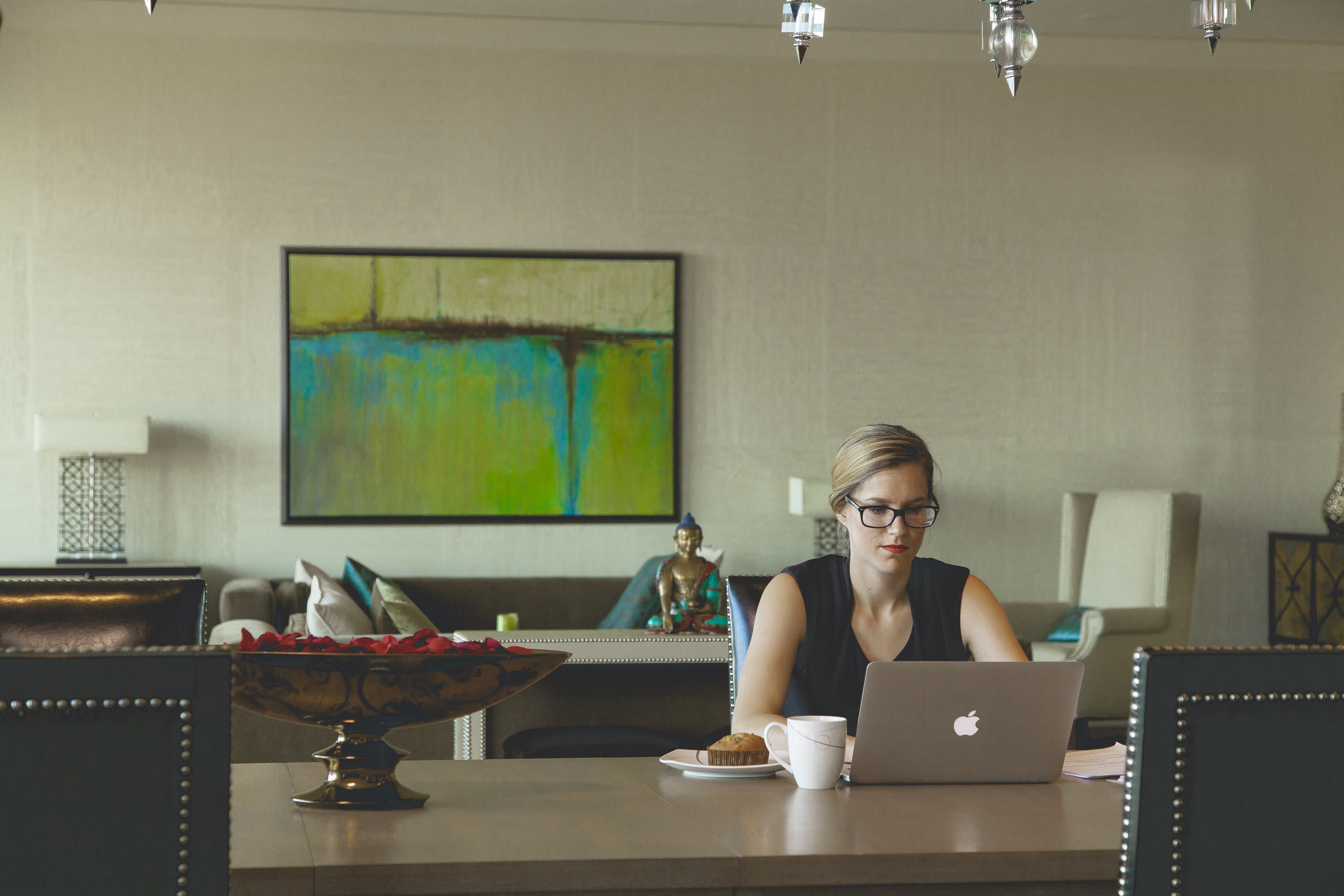Look at you. You’re an apartment renter, you have your own business, and you pay your taxes. You’ve got this adulting thing down solid. And now you have a great idea to combine the three: deducting your apartment as a business expense. After all, you work from home, at least some of the time, right?
According to Melissa Rosenfeld, CPA, this is how a home-office deduction works: Let’s say your rent is $2000 a month, and your apartment is 1000 square feet. (It can happen.) You use a converted walk-in closet of 5×5 square feet as your home office. Based on the square footage ratio of 25 square feet, this means “2.5 percent on your monthly expenses…are deductible against the net profit of your business.”
These expenses aren’t limited to your monthly rent check, either. It also includes utilities and insurance. Sounds great. Where do I sign up?
But wait, not so fast. If you live in a city, it seems that apartment deductions are trickier to get than tickets to Hamilton.
Rosenfeld says the Internal Revenue Service has “very strict rules as to whether you have a qualified home office.” These rules state you must have a space used exclusively for business purposes. Do you have a dining room table that doubles as a conference table? Sorry, no deduction for you.
The IRS takes the word “exclusive” seriously. Rosenfeld says you can lose your deduction by merely reading the newspaper or your personal emails in your home office.
Rosenfeld warns, “It’s very difficult to have a true home office in a [city] apartment due to space limitations.” That’s because when it comes to a true home office, the government likes to see four walls and a door.
For renters of studio apartments, this means “It’s very unlikely it would qualify for a home office.” However, renters of studios may be able to obtain a minimal deduction with some unconventional thinking: “[If you] buy a wardrobe that opens into a home office…you’ll be able to deduct the furniture.”

There’s also one other catch for home deductions: According to the Publication 587 of the IRS, “You have no other fixed location where you conduct substantial administrative or management activities of your trade or business.” In other words, Rosenfeld says, “You have to not have an office available to you at your employer. You cannot deduct something just because you choose to work from home.”
So if your job gives you an office, but it’s more convenient for you to work at home, you don’t qualify for a home-office deduction—regardless of how many hours you log in in your pajamas.
But the good news is, if you do qualify for this deduction, the government has made it simpler for you to deduct your home expenses, thanks to the “safe harbor” method. Read about it here.
There you have it. Getting a tax deduction on profits for your home-based business is tricky, but doable.
Now all you need is a profit.
TIPS
Rosenfeld has two tips for renters who want to claim home-office deductions.
- If your place of business has an actual place of business, you need to clarify that you officially work from home. Ask your employer to put it in writing. Your accountant thanks you in advance.
- As the rental market is transient, you may have multiple homes in a seven-year period. This means you can be audited over an apartment in which you no longer reside. “We recommend that people take pictures of their home office, so the pictures are available if they’re audited years later.” Time to whip out that cell phone camera.
- If claiming your place as a home office isn’t feasible, there are additional ways to lower your utility bills and help save you a buck or two (or more) while you work from home.

